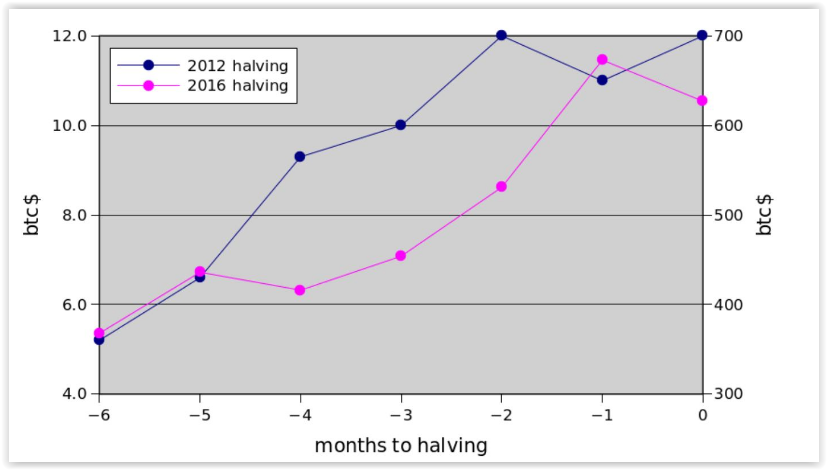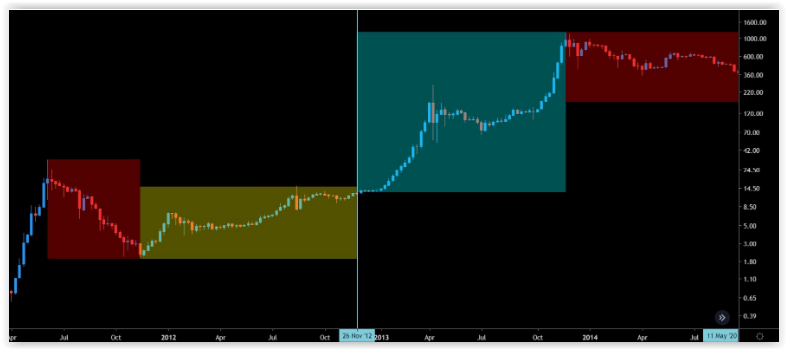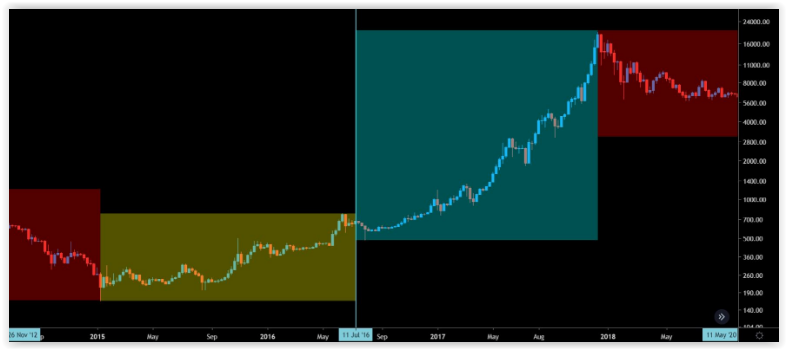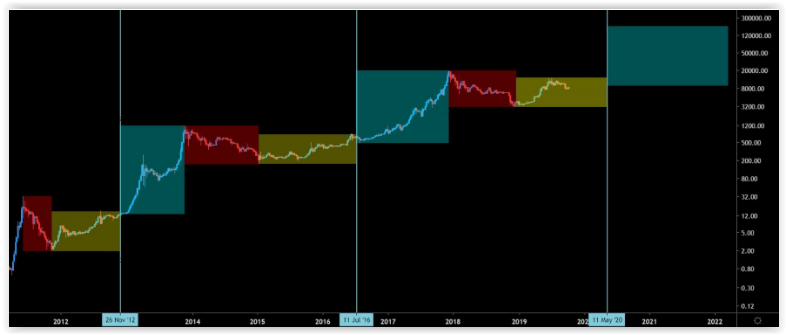Η εταιρεία ‘’Bitstop’’, με έδρα το Μαϊάμι, με θυρίδες BitTorrent (ATM), συνεργάζεται με τον μεγαλύτερο διαχειριστή εμπορικών κέντρων στις Ηνωμένες Πολιτείες, ‘’Simon Malls’’, για την εγκατάσταση των Bitcoin ATMs σε διάφορες τοποθεσίες.
Η ‘’BitStop’’ ανακοίνωσε στις 26 Νοεμβρίου ότι η εταιρεία έχει ήδη εγκαταστήσει Bitcoin ATMs σε πέντε τοποθεσίες του ‘’Simon Malls’’ στην Καλιφόρνια, τη Φλόριντα και τη Γεωργία. Ο συνιδρυτής και διευθύνων σύμβουλος της ‘’Bitstop’’, Andrew Barnard, δήλωσε ότι οι μηχανές εγκαταστάθηκαν πριν από την περίοδο των διακοπών:
“Με το στρατηγικό χρονοδιάγραμμα αυτής της νέας εγκατάστασης Bitcoin ATMs στις τοποθεσίες του Simon Mall, οι πελάτες μπορούν να αγοράσουν Bitcoin ενώ κάνουν τις αγορές τους για τα Χριστούγεννα.”

Η νέα εταιρική σχέση βασίζεται στην προηγούμενη εγκατάσταση Bitcoin ATMs της εταιρείας στο Διεθνές Αεροδρόμιο του Μαϊάμι, την οποία ανακοίνωσε στα μέσα Οκτωβρίου.
To παγκόσμιο δίκτυο Bitcoin ATM μεγαλώνει
Όπως ανακοίνωσε η ‘’Cointelegraph’’ νωρίτερα αυτό το μήνα, ο αριθμός των Bitcoin ATMs που εγκαταστάθηκαν παγκοσμίως ξεπέρασε ένα νέο ορόσημο. Δεδομένου ότι την εποχή εκείνη έδειξαν ότι υπήρχαν πάνω από 6.000 τέτοια μηχανήματα σε όλο τον κόσμο, πάνω από το 65% των οποίων βρίσκονται στις Ηνωμένες Πολιτείες.
Ωστόσο, οι αρχές είναι όλο και πιο επιφυλακτικές για τέτοιες υπηρεσίες. Ο επικεφαλής της ποινικής έρευνας της υπηρεσίας εσωτερικών εσόδων των Ηνωμένων Πολιτειών, John Fort, για παράδειγμα, δήλωσε πρόσφατα ότι η ρυθμιστική αρχή εξετάζει πιθανά φορολογικά ζητήματα που προκαλούνται από τα ATMs και τα περίπτερα Bitcoin.
Εκτός από πιθανά φορολογικά ζητήματα, ο Fort ισχυρίστηκε ότι οι φορείς εκμετάλλευσης κρυπτογραφικών περιπτέρων θα πρέπει να υποχρεώνονται να ακολουθούν τους ίδιους κανόνες Know Your Customer (KYC) και Anti-Money Laundering (Ξέπλυμα χρήματος) ως άλλες επιχειρήσεις που σχετίζονται με τα κρυπτονομίσματα.
Πηγή: https://cointelegraph.com/news/bitcoin-atm-firm-partners-with-largest-shopping-mall-operator-in-us




















